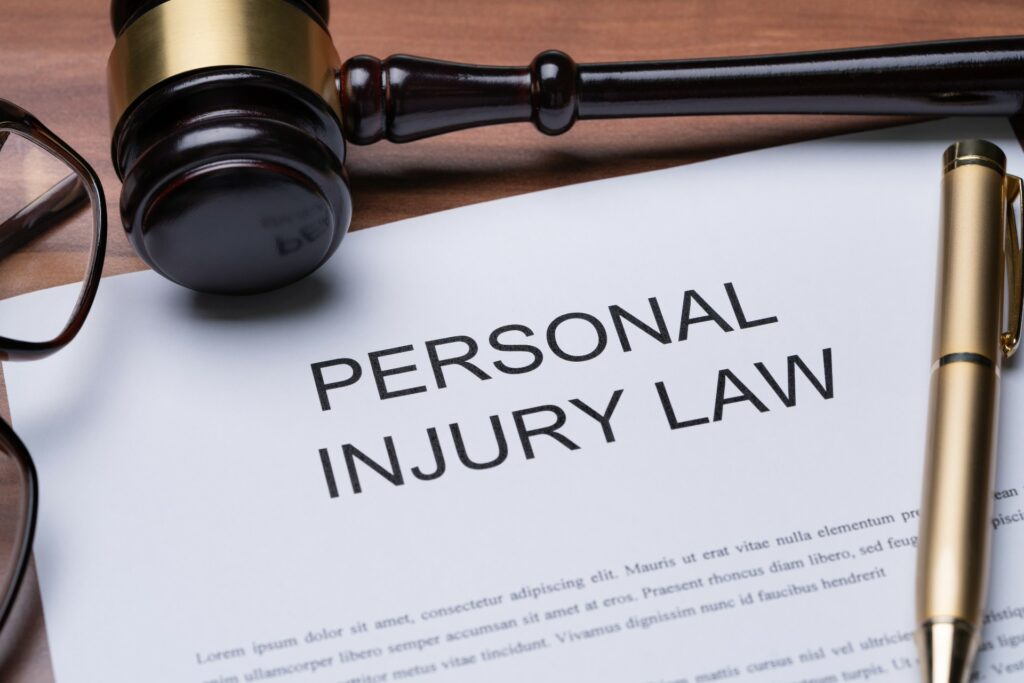Request Free Consultation
Easy. Quick. Confidential.
- We Respect Your Privacy. Privacy Policy.
- Protected By Google reCAPTCHA | Privacy - Terms
The New York General Obligations Law (GOL) § 5-335 prohibits health insurers and other benefit providers from seeking reimbursement from the proceeds of any settlement of a personal injury, medical malpractice, or wrongful death action for medical services rendered to the claimant.
The GOL § 5-101 defines a “benefit provider” as “any insurer, health maintenance organization, health benefit plan, preferred provider organization, employee benefit plan or other entity which provides for payment or reimbursement of health care expenses, health care services, disability payments, lost wage payments or any other benefits under a policy of insurance or contract with an individual or group.”
In the past, when a claimant claimed personal injuries against a wrongdoer the health insurer would routinely send a “lien letter” to the claimant’s counsel asserting a contractual or equitable right of reimbursement to recoup the monies paid to the claimant for medical care. There were even occasions where the health insurer would attempt to intervene in the litigation to assert its rights subrogation rights.
While the courts generally held that the health insurer did not have an actual “lien”, they did find that the health insurer did have a right to subrogation and reimbursement.
The GOL now prohibits a plaintiff who has settled with a defendant from being charged with violating a health insurer’s alleged equitable or contractual subrogation rights. This law essentially overrules two Court of Appeals decisions, Teichman v. Community Hosp. of Western Suffolk, 87 N.Y.2d 514 (1996), and Fasso v. Doerr, 12 N.Y.3d 80 (2009), to the extent they recognize a health insurers non-statutory subrogation claim when there is a settlement of a personal injury action.
The law now presumes that a settlement of a personal injury claim does not include any compensation for the cost of health care services, loss of earnings, or other economic loss. Therefore, there is no double recovery and no right of reimbursement for the health insurer.
This is a helpful change in law for both plaintiffs and defendants when attempting to settle a claim. There were times in the past when the right of reimbursement made it difficult to settle a claim. Take for example a claim where the injuries are catastrophic but either the liability may be questionable or the defendant’s insurance liability policy was limited. The medical expenses would far exceed any recovery the plaintiff may hope to receive. In such a case, both the plaintiff and the defendant may have their motivations to settle the claim. The limited settlement funds, however, made it difficult to help compensate the injured plaintiff while at the same time reimbursing the health insurer. The new law does away with this issue. All of the available settlement funds now go to the injured party.
The law still does not allow double recovery of these expenses. If there is an award at trial for medical expenses and they have been covered by health insurance, the court will reduce the award based on the collateral source rule (CPLR § 4545). The law also does not apply to a statutory right of reimbursement or subrogation such as Workers’ Compensation or Social Services liens. The statute also preserves the right of subrogation for insurers providing Additional Personal Injury Protection.
The law also remedies the inequity where a health insurance carrier was able to recover medical expenses through its subrogation rights even though the plaintiff was unable to recover these expenses due to the collateral source rule. In connection with this change, the Collateral Source Rule has also been amended.
The GOL ends insurance subrogation rights to settlements unless there is a statutory right to reimbursement. Many issues will still be left for the courts to decide, but the law provides a good first step in assisting parties in settling claims.
When you are injured in a New York accident, you face many hardships and difficulties. You have questions. We have the answers.
Mr. DiMartini is an experienced New York City personal injury lawyer. He knows the New York Law and how to help accident victims receive the maximum compensation they are entitled to for their personal injury damages. He will protect your interests and explain every step of the process to you.
Personal injury law is all we do. We get results!

(a) When a plaintiff settles with one or more defendants in an action for personal injuries, medical, dental, or podiatric malpractice, or wrongful death, it shall be conclusively presumed that the settlement does not include any compensation for the cost of health care services, loss of earnings or other economic loss to the extent those losses or expenses have been or are obligated to be paid or reimbursed by a benefit provider, except for those payments as to which there is a statutory right of reimbursement. By entering into any such settlement, a plaintiff shall not be deemed to have taken an action in derogation of any nonstatutory right of any benefit provider that paid or is obligated to pay those losses or expenses; nor shall a plaintiff’s entry into such settlement constitute a violation of any contract between the plaintiff and such benefit provider.
Except where there is a statutory right of reimbursement, no party entering into such a settlement shall be subject to a subrogation claim or claim for reimbursement by a benefit provider and a benefit provider shall have no lien or right of subrogation or reimbursement against any such settling party, with respect to those losses or expenses that have been or are obligated to be paid or reimbursed by said benefit provider.
(b) This section shall not apply to a subrogation claim for recovery of additional first-party benefits provided pursuant to article fifty-one of the insurance law. The term “additional first-party benefits”, as used in this subdivision, shall have the same meaning given it in section 65-1.3 of title 11 of the codes, rules and regulations of the state of New York as of the effective date of this statute.
